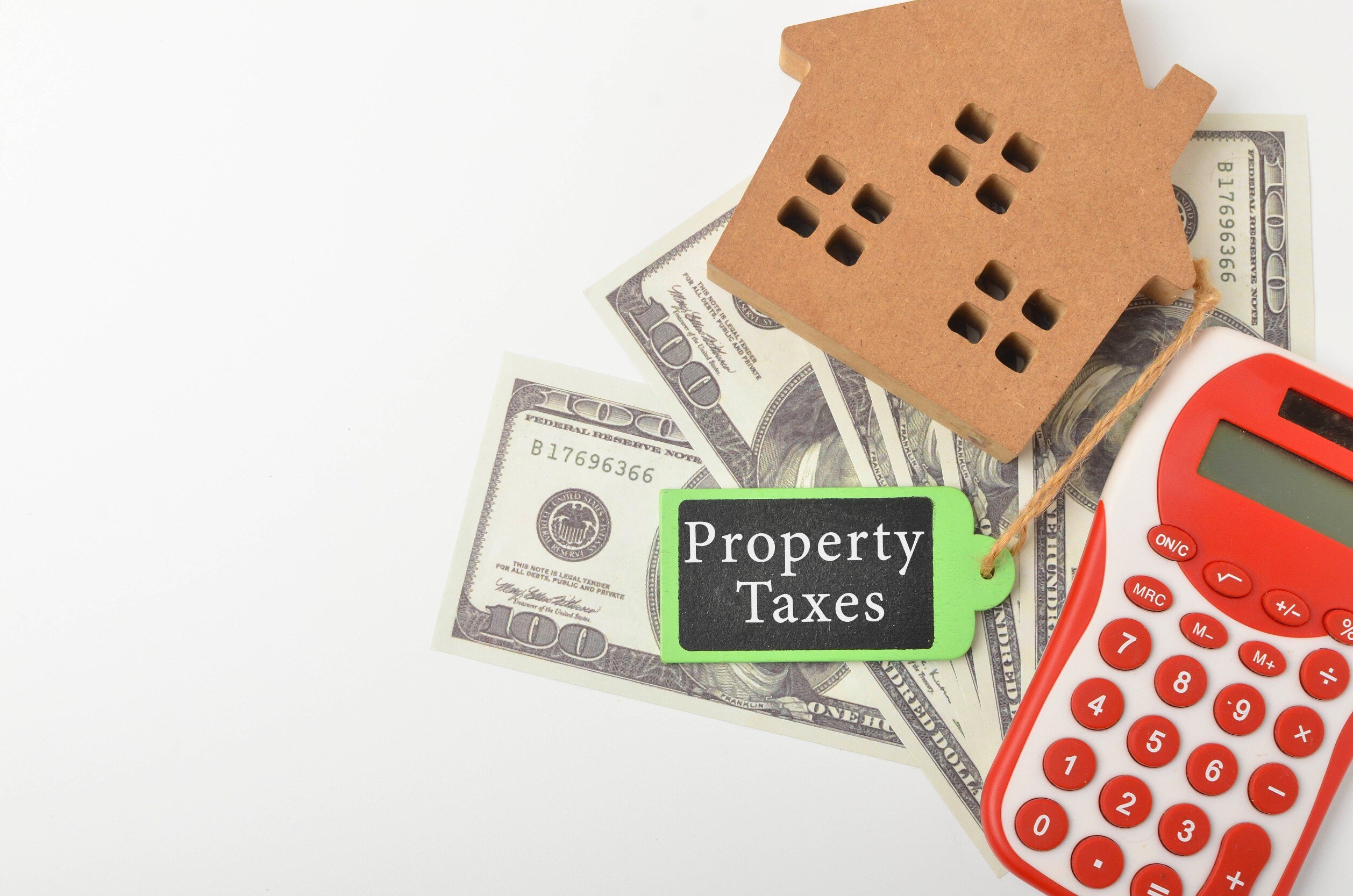1 min read
Educhildren v. Douglas County: Tax Revaluation Amid COVID-19 Impact
Joe Whitcomb
:
December 05, 2024

In Educhildren LLC v. Douglas County Board of Equalization, the Colorado Supreme Court addressed whether commercial property owners could compel a reassessment of their property values during the COVID-19 pandemic. The petitioners, owners of over 60 commercial properties, argued that the pandemic and resulting public health orders qualified as “unusual conditions” under section 39-1-104(11)(b)(I), Colorado Revised Statutes, requiring reassessment for the 2020 tax year.
Under Colorado’s property tax law, property values are reassessed every two years based on a set base period. However, certain “unusual conditions,” such as damage from natural disasters or regulatory changes, may warrant mid-cycle adjustments. The petitioners claimed that the pandemic’s economic impact and governmental restrictions constituted such conditions, necessitating immediate reassessment.
Trial Court Proceedings
After the Douglas County Assessor denied their requests, the petitioners appealed to the Douglas County Board of Equalization and later filed suit in district court. The district court dismissed their claims, holding that the assessor was not obligated to reassess properties for conditions arising outside the base period, including the pandemic.
Supreme Court Ruling
On appeal, the Colorado Supreme Court affirmed the district court’s dismissal. Applying its recent decision in 1303 Frontage Holdings LLC v. Larimer County Board of Equalization, the court ruled that:
-
Timing of Unusual Conditions: “Unusual conditions” triggering reassessment must occur before the January 1 statutory assessment date of the intervening tax year. Because the pandemic’s economic effects began in March 2020, after the January 1, 2020, deadline, they could not mandate reassessment for that year.
-
Statutory Interpretation: The court emphasized that property values are assessed based on a biennial cycle to ensure predictability and efficiency in tax administration. Allowing mid-year reassessments for events occurring after the assessment date would disrupt this system and contravene legislative intent.
-
Future Consideration of Pandemic Impacts: The court clarified that while the pandemic’s effects could not alter 2020 assessments, they could be factored into subsequent reassessment cycles beginning January 1, 2021.
Conclusion
The ruling underscores the importance of adhering to statutory timelines in property tax disputes. While the decision provides clarity on how “unusual conditions” are evaluated, it also highlights the challenges of addressing rapidly evolving economic conditions within a fixed assessment framework.


